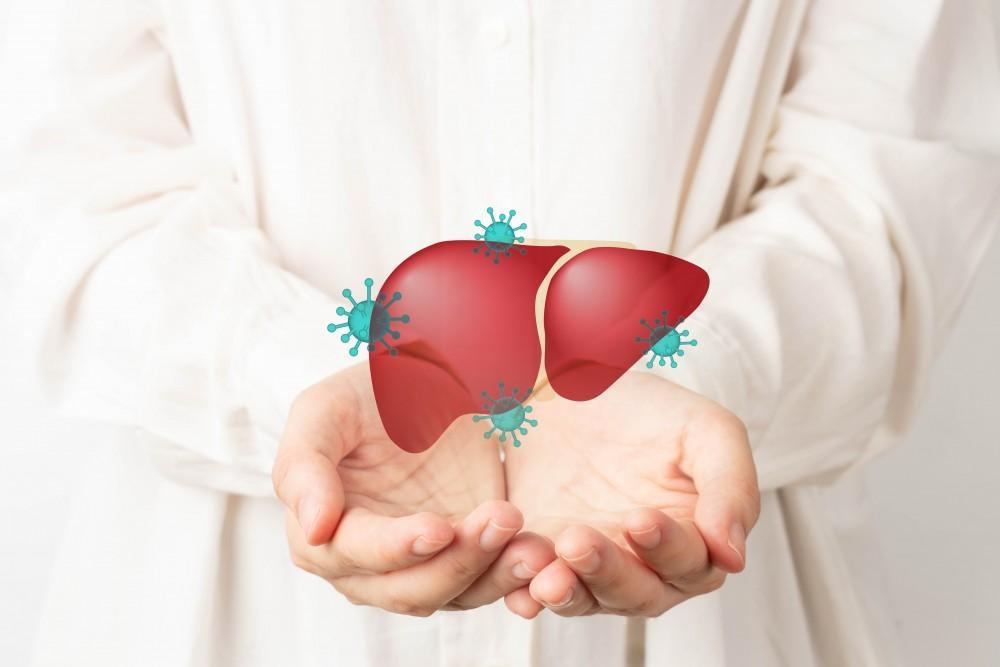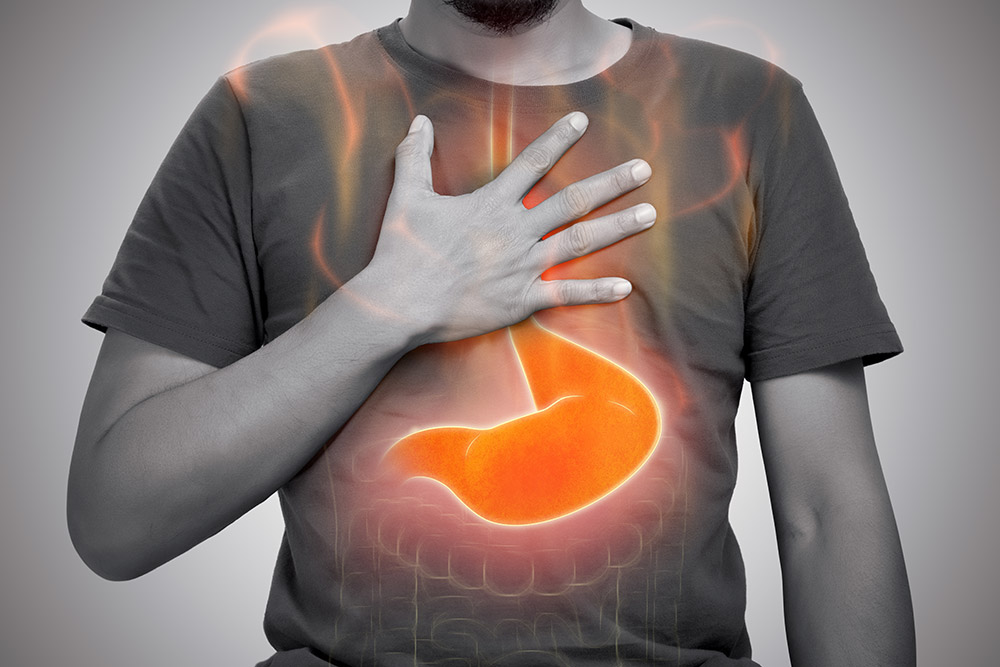Expert Treatment for Esophageal Cancers by Dr. Bharat Pothuri
Dr. Pothuri uses a step-by-step approach:
Medical History and Physical Exam
He reviews your symptoms -trouble swallowing, persistent heartburn, unexplained weight loss, chest or epigastric pain -and discusses risk factors like smoking, alcohol use, GERD and Barrett's esophagus.
Upper Endoscopy (EGD)
A thin, flexible camera is guided through your mouth to visually inspect the esophagus and stomach lining for any abnormal growths or inflammation.
Biopsy
During endoscopy, Dr. Pothuri takes small tissue samples for microscopic examination to confirm the presence of cancerous or precancerous cells.
Imaging Studies
- CT scan of the chest and abdomen evaluates tumor size, local extension and potential spread to lymph nodes or organs.
- PET scan detects areas of increased metabolic activity, helping identify distant metastases.
Endoscopic Ultrasound (EUS)
Combining endoscopy with ultrasound, EUS accurately measures how deep a tumor has invaded the esophageal wall and assesses nearby lymph nodes.
Additional Testing (if needed)
Blood work assesses overall health, nutritional status and organ function before planning your personalized treatment.

Frequently Asked Questions
What are the first signs of esophageal cancer?
Early symptoms often include trouble swallowing (dysphagia), persistent heartburn, unexplained weight loss, and fatigue. If you notice any of these, consult Dr. Pothuri for evaluation.
Can women get esophageal cancer?
Yes. While esophageal cancer is more common in men, it also affects women. Risk factors like smoking, heavy alcohol use, GERD, and Barrett's esophagus apply to both sexes.
How is esophageal cancer diagnosed?
Diagnosis typically involves an upper endoscopy with biopsy, CT or PET scans to check for spread, and endoscopic ultrasound to assess tumor size and lymph node involvement.
Can I eat normally during treatment?
You may need to switch to soft or moist foods and avoid spicy, acidic, or very hot items. Dr. Pothuri and our nutrition team will tailor a diet plan to maintain nutrition and ease swallowing.
What is recovery like after surgery?
Most patients stay in the hospital 3-5 days. Full recovery generally takes 4-6 weeks, during which you'll follow dietary guidelines and attend follow-up visits to monitor healing.
Are there non-surgical treatments for esophageal cancer?
Yes. Depending on stage and health, options include endoscopic mucosal resection (EMR), radiofrequency ablation (RFA), radiation therapy, chemotherapy, targeted therapy, and immunotherapy.
Does GastroDoxs offer support services?
Absolutely. We provide comprehensive support, including nutrition counseling, patient support groups, care coordination, and access to our multidisciplinary team of surgeons, oncologists, and nutritionists.












